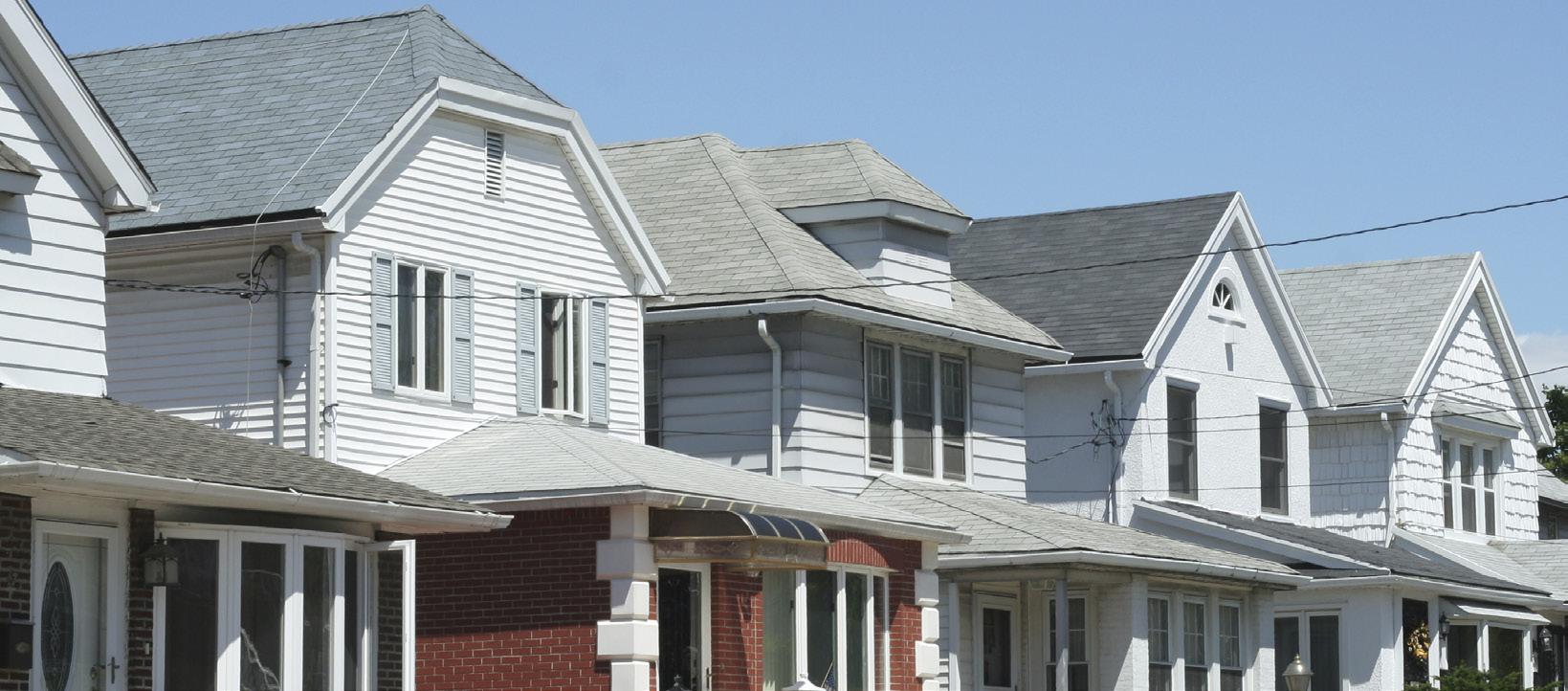
4 minute read
IBANYS Fights To Constrain Wide-Reaching Forbearance Legislation
IBANYS Fights To Constrain Wide-Reaching Forbearance Legislation
Also Working On Reforms To COVID-19 Relief Before Congress
PUBLIC AFFAIRS UPDATE | BY STEPHEN W. RICE
The 2020 New York State legislative session has been perhaps the most unusual since the New York State Constitution was adopted by the Convention of Representatives in April 1777. During late March and early April, as the COVID-19 pandemic was peaking in New York State, the Legislature met to enact the 2020-21 state budget – and it was a very different type of plan, with great uncertainty as to how the state would address an enormous deficit including significant new gaps caused by the pandemic.
It gave unprecedented authority to Governor Andrew Cuomo and his budget director to make adjustments as additional information (or funding) became available – including whether federal assistance to state and local governments might be provided by Congress in any of the emergency relief and recovery packages.
Once the budget was approved, the legislature left Albany and did not reconvene until the closing days of May. Subsequent legislative business took place during infrequent sessions, for the most part conducted remotely.

Governor Andrew Cuomo
When the legislature did reconvene, it enacted (and the governor subsequently signed) residential mortgage foreclosure legislation – and, eventually, a Chapter Amendment that modified the bill (now Chapters 112 and 126 of the Laws of 2020.)
The initiative is targeted only at state-chartered banks; federally chartered banks are not impacted. IBANYS issued a strong “Memo in Opposition” to the original legislation, and continued to work with the legislature, governor’s office and NYS Department of Financial Services (DFS), led by Superintent Linda Lacewell, throughout the process that eventually resulted in the Chapter Amendment.
· Mortgages currently receiving forbearance under the Governor’s Executive Order 202.9, at the time of such forbearance, shall be considered as part of the requirement to provide forbearance under the new statute.
· At the end of the 180 days of forbearance provided, the borrower has an option to extend the forbearance for a second 180-day period if still in financial distress, as provided in the Chapter Amendment.

Linda Lacewell
While IBANYS opposed the original initiative, the Chapter Amendment is an improvement over the original legislation. If a bank determines that it unable to offer a mortgagor relief based on concerns regarding sufficient capital and liquidity, it must notify DFS within five business days of making the determination. The bank must also notify the mortgagor, who may file a complaint with DFS.
The Chapter Amendment clarified that forbearance applies to “monthly payments” due on the mortgage. It also prohibits the bank from charging additional interest or any late fees or penalties on the forborne payment.
IBANYS asked the DFS to develop a frequently asked questions (FAQ) document more fully explaining the ramifications of the new law, and it is expected to be finalized during the coming weeks.
There has also been discussion in the legislature about additional forbearance legislation related to commercial mortgages, and also investment properties.
The legislature also approved a statewide moratorium on evictions throughout the duration of the COVID-19 crisis, covering those who have been financially affected by the pandemic, although they will eventually have to pay the rent. The bill, which Governor Cuomo signed into law, covers rent that has been due or accrued since March 7 until the date on which business restrictions and non-essential gathering bans have ended, or phase 4 of the reopening. Tenants would still be obligated to pay the rent they owe, but it would not affect their ability to remain in their home. Some housing advocates have pushed unsuccessfully for legislation to cancel rent without back payments accruing.

Tenants will still be obligated to pay the rent they owe, but it would not affect their ability to remain in their home.
Photo credt: iStockphotos / BartekSzewczyk
IBANYS WILL CLOSELY MONITOR FUTURE DEVELOPMENTS
As Congress prepares to debate additional relief and recovery packages, issues including additional help for to small businesses and financial assistance to state and local governments will be among the key components under consideration. IBANYS supports efforts by the Independent Community Bankers of America (ICBA) urging Congress to include a number of important reforms in the next COVID-19 relief bill. These include a more straightforward approach to PPP loan forgiveness as well as capital, accounting, and tax relief.
With the 2020 election drawing closer, the number of working days for Congress is dwindling. Congress will be out on its annual August recess, then will return for what will likely be an abbreviated fall session. IBANYS will continue to work closely with ICBA and will keep the members of our New York Congressional Delegation informed about the priorities of the New York community banking industry. ■

Stephen W. Rice is Director of Government Relations & Communications for the Independent Bankers Association of New York State.







